Science Literacy Sketchnotes: Pseudoscience
Week 2 was a journey! I was re-introduced to the world of logical fallacies and it hurt my brain. I was surprised, during a particularly challenging matching exercise, of the brain fog and frustration I was feeling… very similar to how my brain hurts in any argument about politics these days. As a people, I think our use of logical fallacies is sophisticated and rampant. A little introduction (or re-introduction) to scientific literacy would help us all talk through some of the large issues that face us in the future.
A Good Companion Book for Science Literacy
Speaking of large societal issues, by coincidence, I’m reading Steven Pinker’s book Enlightenment Now: The case for reason, science, humanism, and progress. I find it to be a really good companion book with my lessons in science literacy.
At the start, it felt like “the right book, at the right time” and gave me some hope that all is not lost (opposed to the feeling induced by the news and other media outlets these days). It looks at big data and how we can make better decisions as a society by embracing the complexities and not falling for the political polarities that we are struggling with at the moment.
I noticed that my reading shifted to be more critically minded. For example, I found Pinker’s personal biases and worldview are quite apparent. Some of them I disagree with and they felt unnecessary to include. But, he has also discussed scientific literacy and the tools to identify such biases, so I admire that he was able to write the book to teach critical reading while also giving the reader the tools to identify his own biases.
I hope I’ll be able to put together a review of the book but I still require some more thinking and reflecting on it. Over to the sketchnotes from SciLit: Week 2.
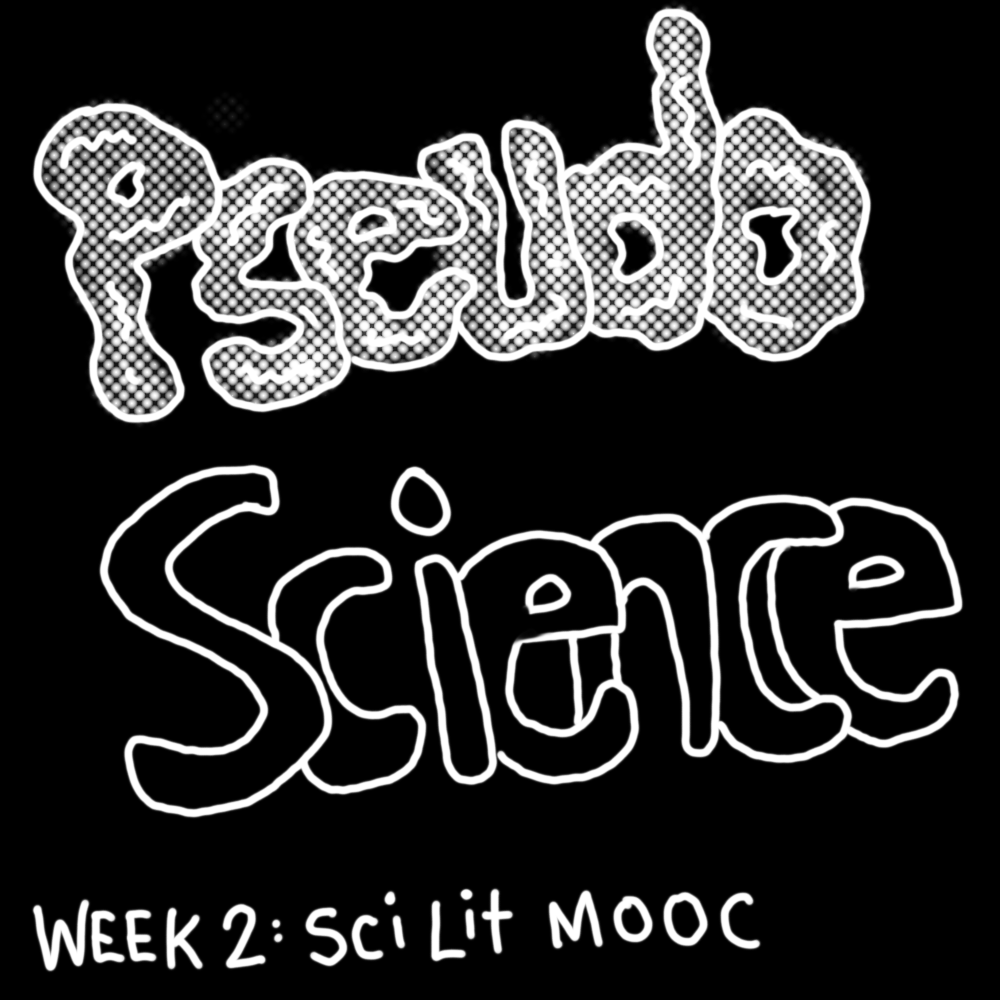
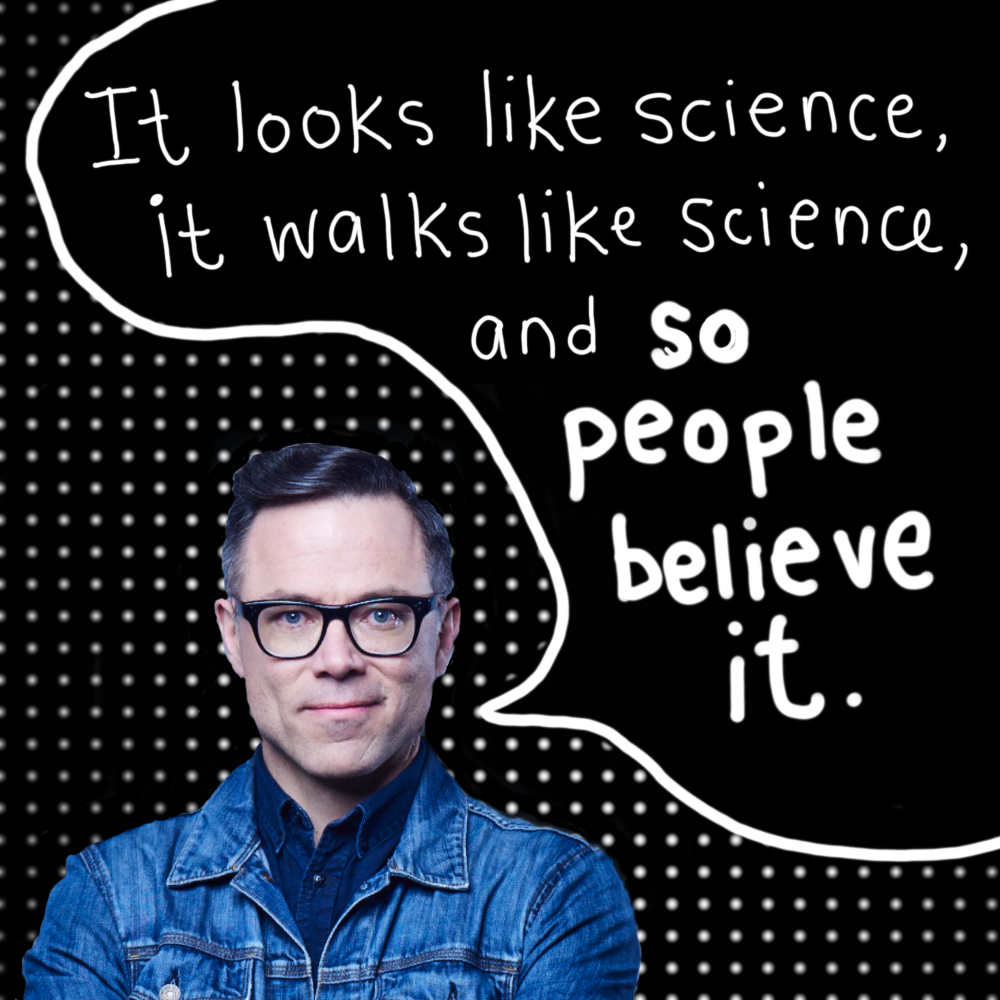
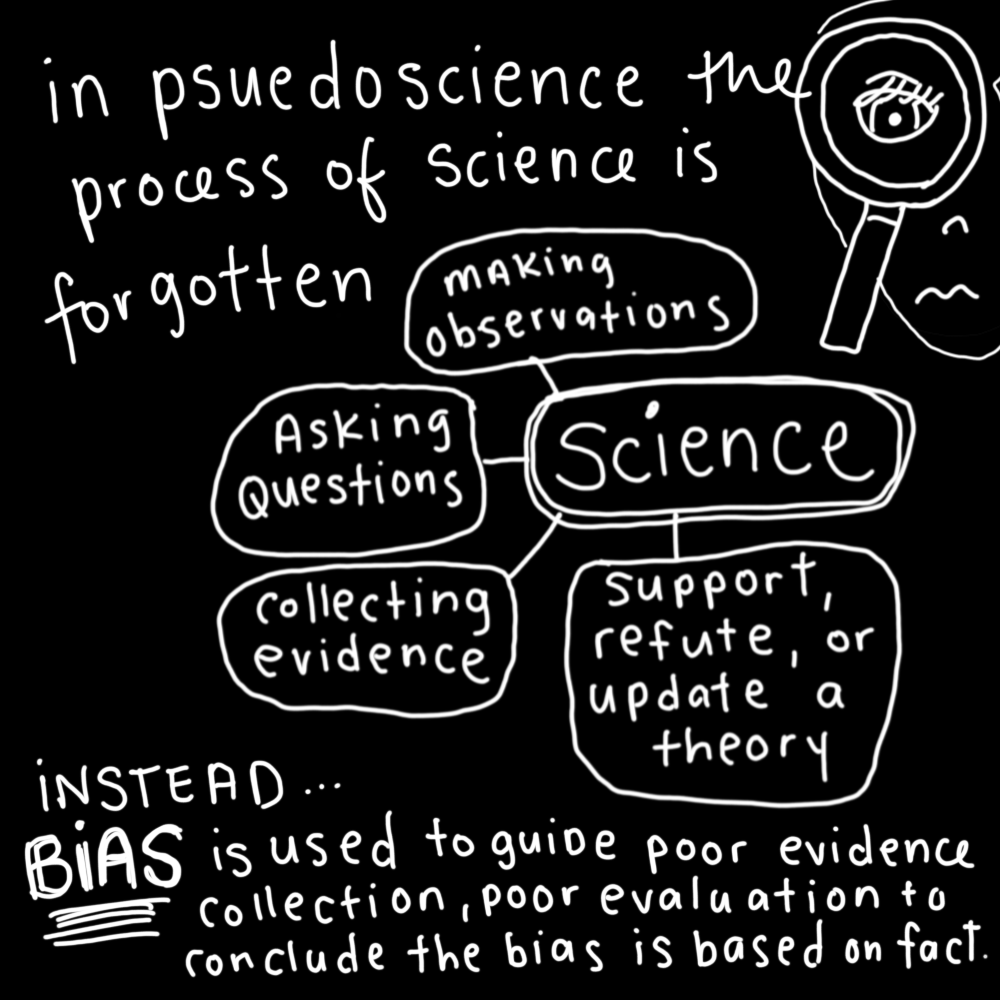
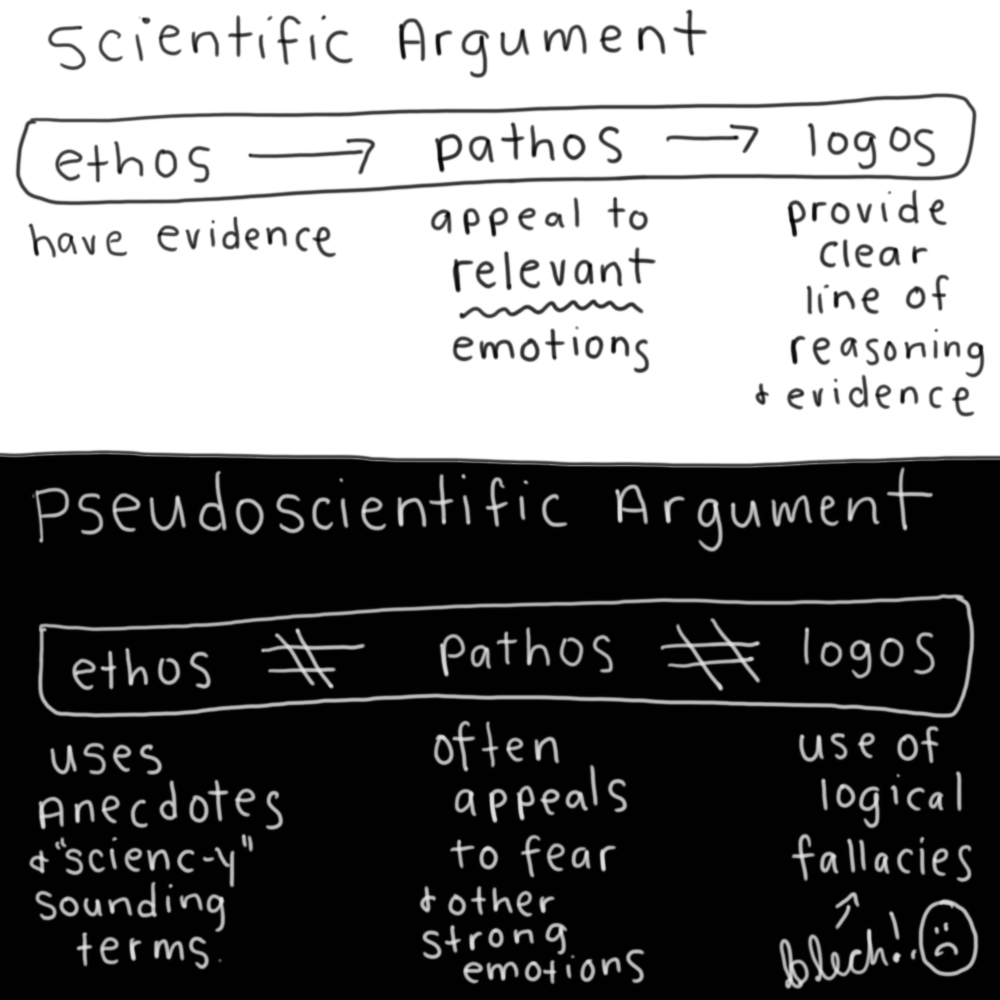
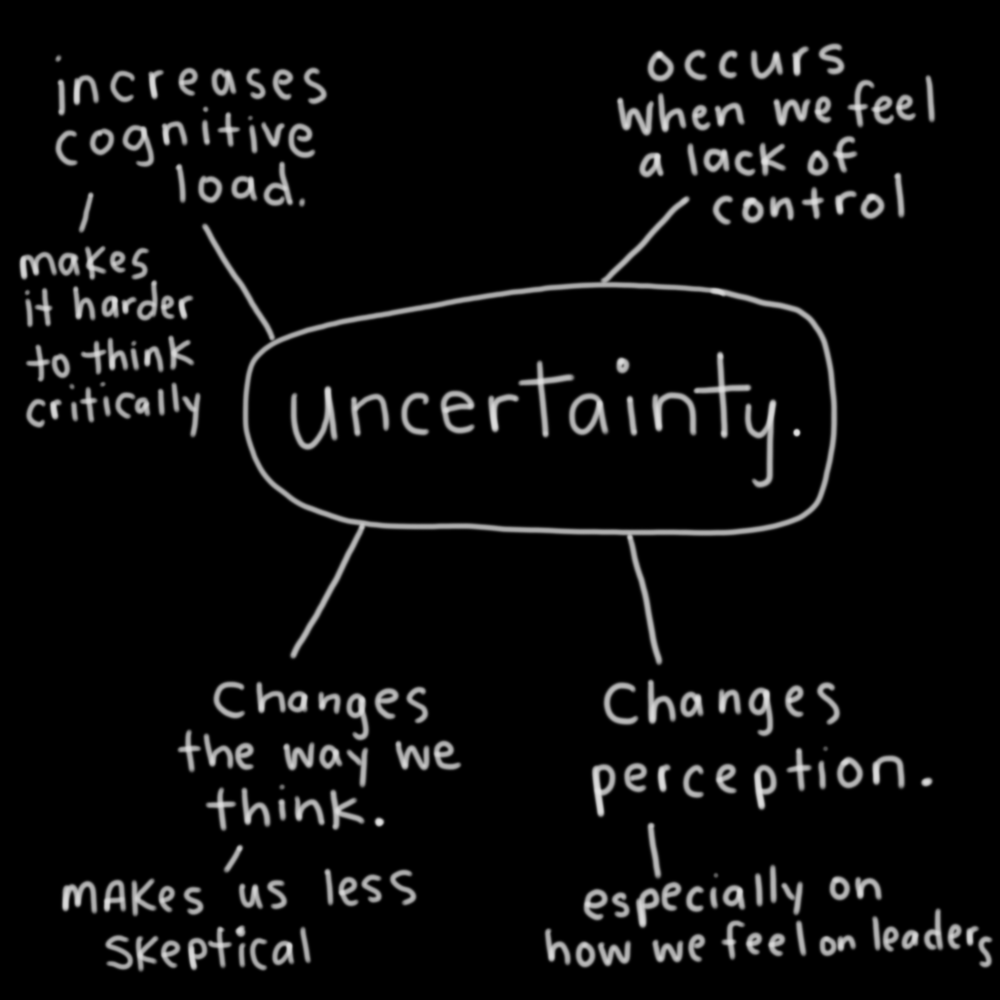
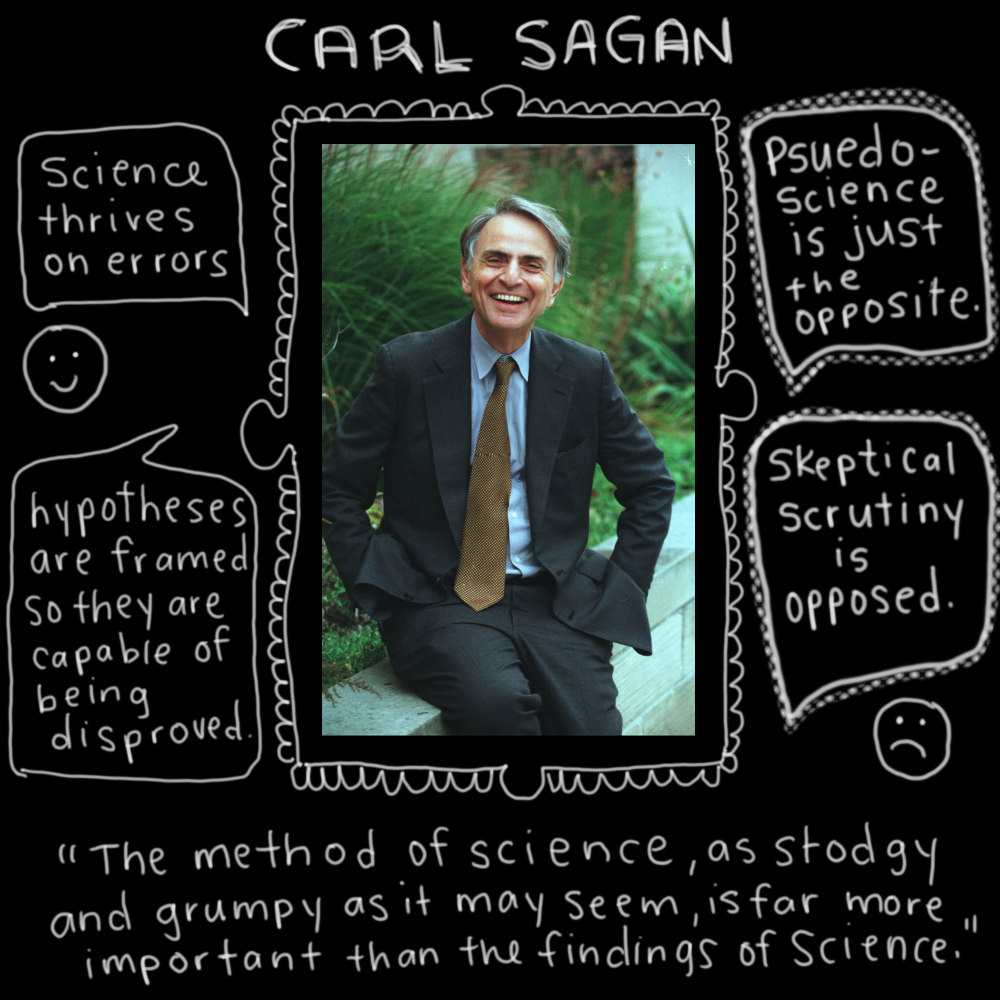
I’m starting to have dreams about this stuff! Who knew I would find science literacy so engaging?



Leave a Reply